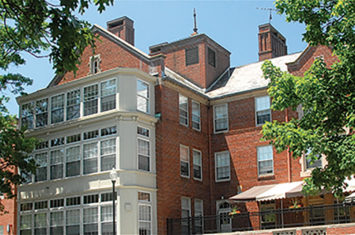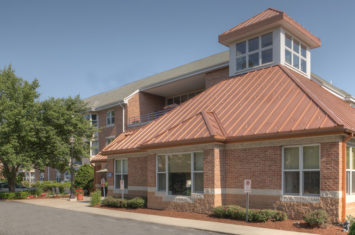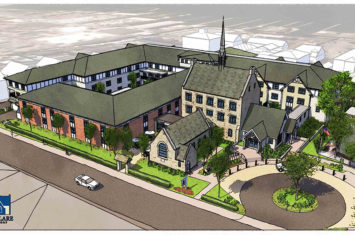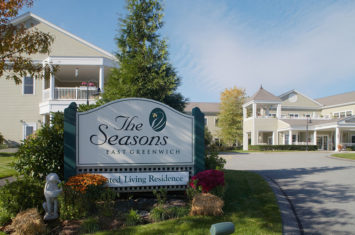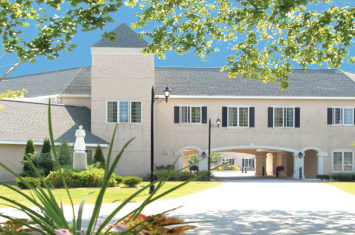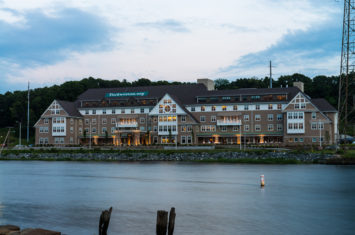Assisted living is a healthcare residence where a senior adult can receive assistance with activities of daily living, which likely includes bathing, dressing, toileting, escorting, laundry, and taking medications, if required. Such assistance is not always necessary in this type of care, and depends on the individual’s needs. Most assisted living communities also offer memory care for residents in the early stages of dementia. Staff and at least one medical professional are typically on-call 24 hours a day, however intensive hands-on care or nursing care is not offered in this type setting. Details and policies vary per provider, and often include additional health services such as in-house rehabilitation.
Assisted Living
How to Choose an Assisted Living Community
Conducting an online search is the first step in choosing an assisted living community that best meets the client’s needs medically, socially and financially. Once a list has been created of prospective options, it is important to take a personalized tour, and possibly even stay for lunch. This gives clients and their families/caregivers ample time to ask questions, interact with current residents, and to discover some of the offered activities that might be of interest. Some assisted living communities also offer in-house rehabilitation, wellness and other health services. Research can be done online. We recommend the following website: HealthRI.gov.
Payment Options
Assisted living is usually privately paid. However, in some cases, long-term care insurance will cover this type of care. Some facilities also have designated Medicaid waiver beds. It’s important to check with the specific provider to see if this type of waiver applies.
- Assisted living, on average, begins approximately at $3400 per month.
How Long Can an Individual Stay?
A resident can stay in an assisted living community until they no longer meet the criteria for care, which is often dictated by the Department of Health Regulations. This usually occurs when a resident requires a higher level of care, such as requiring assistance from more than one person to help transfer in and out of bed or a chair. However, different communities have different levels of care, so it is important for the resident to ask questions that are specific to their needs.
What Alternative Options Are There?
An alternative option is 24-hour home care. This is when a caregiver is present and awake in the client’s home 24-hours a day so they can assist with whatever specific needs are required. Home care is often considered an alternative for assisted living, however this kind of one-on-one care is often expensive, as it is usually charged at an hourly rate.

